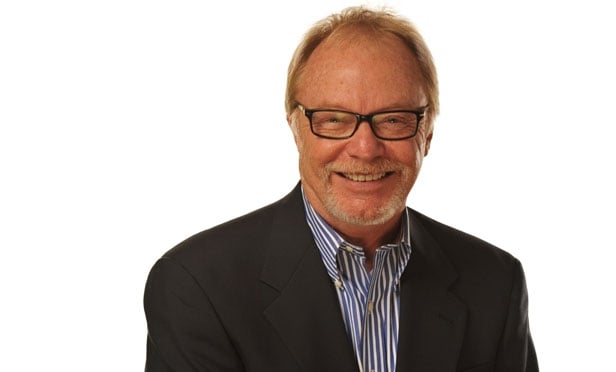Look for balance in workplace solutions, not “one size fits all.” That is one of the solutions provided by Robin Weckesser, president and founder of a3 Workplace Strategies, when chatting with GlobeSt.com about Generation Z and workplace design solutions. Check out the below Q&A for more on the subject and how you can prepare your office for both generations.
GlobeSt.com: What's the big deal about Generation Z?
Robin Weckesser: While Millennials at work continue to make noise and generate headlines, quietly falling under the radar is the fact that Generation Z—those born between 1994 and 2010—is now the largest portion of the U.S. population.
Recommended For You
Want to continue reading?
Become a Free ALM Digital Reader.
Once you are an ALM Digital Member, you’ll receive:
- Breaking commercial real estate news and analysis, on-site and via our newsletters and custom alerts
- Educational webcasts, white papers, and ebooks from industry thought leaders
- Critical coverage of the property casualty insurance and financial advisory markets on our other ALM sites, PropertyCasualty360 and ThinkAdvisor
Already have an account? Sign In Now
*May exclude premium content© 2025 ALM Global, LLC, All Rights Reserved. Request academic re-use from www.copyright.com. All other uses, submit a request to [email protected]. For more information visit Asset & Logo Licensing.









